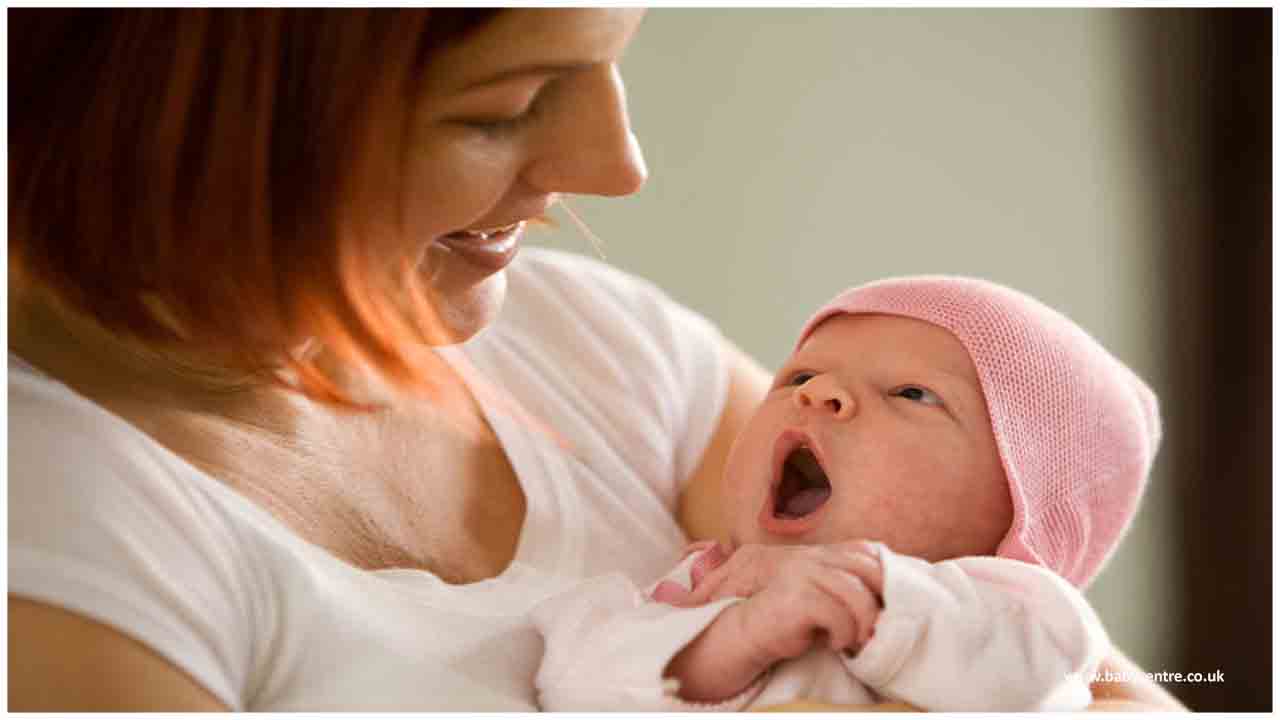Mothers with COVID-19 infection are unlikely to pass the virus to their newborn babies, if correct hygiene precautions are observed, according to a small observational study published in The Lancet Child & Adolescent Health journal.
The study, involving 120 babies born to mothers with COVID-19 infection, found no cases of transmission of the virus during childbirth or after two weeks of breastfeeding and skin-to-skin contact.
The findings suggest that mothers with COVID-19 infection can breastfeed and stay in the same room as their newborn safely if they use appropriate face coverings and follow infection control procedures.
Dr Christine M. Salvatore, who is the primary lead for the study, from the Weill Cornell Medicine-New York Presbyterian Komansky Children’s Hospital, USA, said: “Data on the risk of COVID-19 transmission during pregnancy or while breastfeeding are limited to a small number of case studies. Consequently, guidelines for pregnant women and new mothers vary. We hope our study will provide some reassurance to new mothers that the risk of them passing COVID-19 to their babies is very low. However, larger studies are needed to better understand the risks of transmission from mother to child.”
Current guidance for new mothers infected with COVID-19 is conflicting. The American Academy of Pediatrics advises that mothers and newborns should be temporarily separated at birth. They recommend that babies are fed expressed breastmilk until their mothers are deemed to no longer be infectious according to certain clinical criteria. In contrast, the World Health Organisation and the Royal College of Obstetricians and Gynaecologists recommend that mothers should share a room with their babies and breastfeed, with appropriate precautions. They emphasize that the benefits of breastfeeding outweigh the potential risks of COVID-19 transmission.
The latest study observed outcomes from 120 babies born to 116 mothers at 3 hospitals in New York City, USA, between 22 March and 17 May 2020. All of the babies were allowed to share a room with their mothers and breastfeed if their mothers were well enough. The babies were kept in enclosed cribs, six feet apart, except during feeding. Mothers were required to wear surgical masks while handling their babies and followed frequent hand and breast washing procedures.
All of the babies underwent a PCR test from a nasal swab within the first 24 hours of birth and none tested positive for COVID-19. Follow-up data were available for 82 babies after 5 to 7 days of life. Of these, the vast majority had been sharing a room with their mothers (83%, 68/82) and three quarters were still breastfeeding (78%, 64/82). 79 babies were tested for the SARS-CoV-2 virus again after 5-7 days and 72 babies received a further test after two weeks of life. None of the results were positive and none of the babies showed symptoms of COVID-19 at any time.
53 babies underwent a remote check-up by video conferencing after one month of life. All of them continued to be clinically well and were growing appropriately.
Dr. Patricia DeLaMora, who jointly led the study, from the Weill Cornell Medicine-New York-Presbyterian Komansky Children’s Hospital, USA, said: “We know that skin-to-skin contact and breastfeeding are important both for mother-infant bonding and for long-term child health. Our findings suggest that babies born to mothers with COVID-19 infection can still benefit from these safely if appropriate infection control measures are followed.”
The researchers highlight that the sample size in the study is small to draw firm conclusions and larger studies may be needed. In addition, almost one-third of babies were not followed-up (38/120), which they say might be explained by parents’ fear of leaving their homes and using public transportation to attend clinic appointments in the midst of the pandemic.
The COVID-19 test used in the study relied on nasal swabs. If babies had been infected in the womb, it is possible the virus would not have been present in these samples. The researchers were not able to screen for the presence of the virus in blood, urine or fecal samples because these tests were not validated at the time of the study.
Writing in a linked Comment, Dr. Melissa Medvedev, of the University of California San Francisco, who was not involved in the study, said: “Salvatore and colleagues provide valuable data indicating that perinatal SARS-CoV-2 transmission is unlikely and allowing newborns to room-in and breastfeed is safe, with appropriate precautions. Despite these insights, key questions remain unanswered. Robust population-based data are needed to quantify the incidence of complications among pregnant women and neonates and to understand rates and routes of vertical and horizontal transmission, including asymptomatic transmission. Studies are also required to determine the effectiveness of infection prevention and control practices in the neonatal care setting.”

 Observational US study of 120 babies born to mothers with COVID-19 infection found no cases of virus transmission, even after two weeks of breastfeeding
Observational US study of 120 babies born to mothers with COVID-19 infection found no cases of virus transmission, even after two weeks of breastfeeding 










.jpeg)








.png)
.png)

.png)
.png)
.png)

.png)
.png)
.png)

.png)
.png)